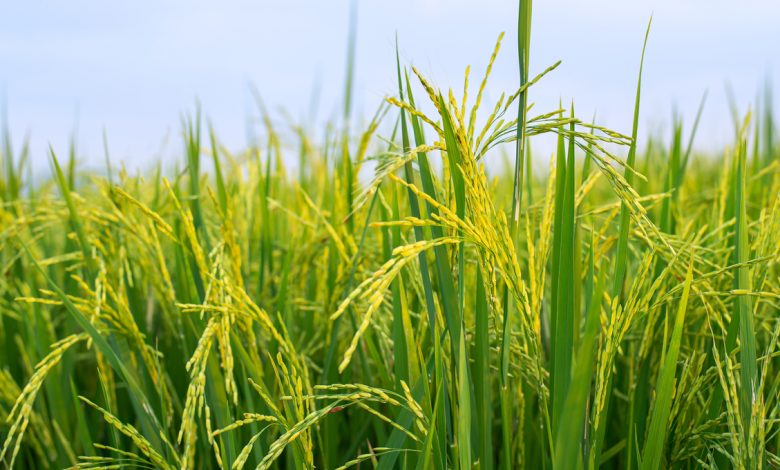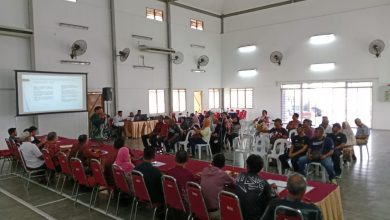

By: Rosli Mansor Ahmad Razali
The issue of a shortage of local rice in Malaysia remains a hot topic among the public.
Even though the Minister of Agriculture and Food Security (KPKM), Datuk Seri Mohamad Sabu, has assured that the stock of rice inventory is sufficient for four to five months, the shortage of local rice continues to concern sellers, and the plight of consumers is palpable.
Examining this prolonged rice price crisis, the discrepancy between the prices of local and imported rice opens opportunities for traders to mix local and imported rice and stockpile inventory for sale at more profitable rates, creating ‘artificial scarcity’.
This issue raises even more questions when the selling price of white imported rice suddenly rises from RM2,350 per ton to RM3,200 per ton, in line with current international market prices.
This has led to speculation about market manipulation, with some parties accused of changing the packaging or labels of rice to maintain their profits.
In reality, the shortage of local rice supply and the increase in the price of imported rice not only affect the people struggling with rising living costs but also put pressure on restaurant owners, eateries, and stalls offering Menu Rahmah. The safety of the nation’s food is also in question under these circumstances.
Assessing statements made through recent media reports, Datuk Azman Mahmod, the Director-General of the Rice and Rice Control Authority (KPB) of KPKM, anticipates that this issue can be completely resolved by the end of the year based on the proposed solutions. However, this timeframe might be too long, especially for households with limited monthly income.
KPKM appears to be unable to address this issue on its own. Instead, it requires collaborative efforts with other ministries, particularly the Ministry of Domestic Trade and Consumer Affairs (KPDN), to enhance enforcement capabilities and ensure more comprehensive and immediate resolution mechanisms.
Meanwhile, state governments across the country are urged to emulate Melaka, which is establishing a special committee to address the issue of a shortage of local rice.
This involves examining rice production and covert supply activities, in addition to establishing standard operating procedure (SOP) guidelines.
A positive outcome has been observed with the government of Terengganu, which has launched its rice brand by purchasing rice from several paddy mills for packaging before being distributed by a single distributor.
However, to address food safety and adequate rice supply issues, a more comprehensive effort and cross-ministerial and agency cooperation are required because they involve the nation’s economy and the welfare of its people.
Furthermore, the government should consider establishing an ‘advanced agricultural narrative’ under the MADANI Economy to enhance the long-term agricultural and agro-food sector through the use of the Fourth Industrial Revolution (IR4.0) and IR5.0 technologies.
All of these actions represent steps toward ensuring a sufficient and safe rice supply for the people of Malaysia.


